By the summer of 1918, the future playwright Paul Green and his fellow doughboys in Belgium had fallen into the routine of Army life. During the day they slogged through mundane tasks in the Flanders mud. At night they were bombed by the Germans. Paul Green’s diary in August 1918 is filled with entries about the bad food, the hopes of victory, the constant sickness and death, the rain. But, somehow, he found time to read Zola. By the first of September the unit received orders to move south to fight behind the front. They moved across northern France toward the Hindenburg Line, a heavily fortified zone running several miles behind the active front between the north coast of France and Verdun. The Hindenburg Line had been the site of several failed attacks in 1917. But in nine days in September 1918, British, French, Australian and US forces crossed the Canal du Nord, broke through the Hindenburg Line and took 36,000 prisoners. For his part, Paul Green was given an office job behind the lines, which involved keeping track of supplies, orders for the troops, and the casualties of each day.
To illustrate this month’s edition, we have inserted selected photos in the public domain that come from the American National Red Cross Collection at the Library of Congress. These stunning images were captured by the distinguished American photographer and sociologist Lewis Hine, best known for his compelling documentary photos of child labor and poverty in the early 20th century. During World War I, Hine was hired to document the work of American Red Cross workers as they provided aid to refugees and soldiers in northern France. Hine spent time in the late summer and autumn of 1918 not far from Paul Green's camp, documenting the people in the ruined French villages.
Sept. 5th
Tonight after all day’s ride we are in Lens sector – 30 km behind the front. Camped on roadside. Lovely country. Two pretty girls at little Estaminet, refugees from Loos.
Sept. 6th
Spent happy day wandering around thru orchards and shady lanes. We are first Americans here. 4km N.E. of St. Pol [Saint Pol-sur-Ternoise], at Ostreville. Fried eggs, made coffee and had a good time.
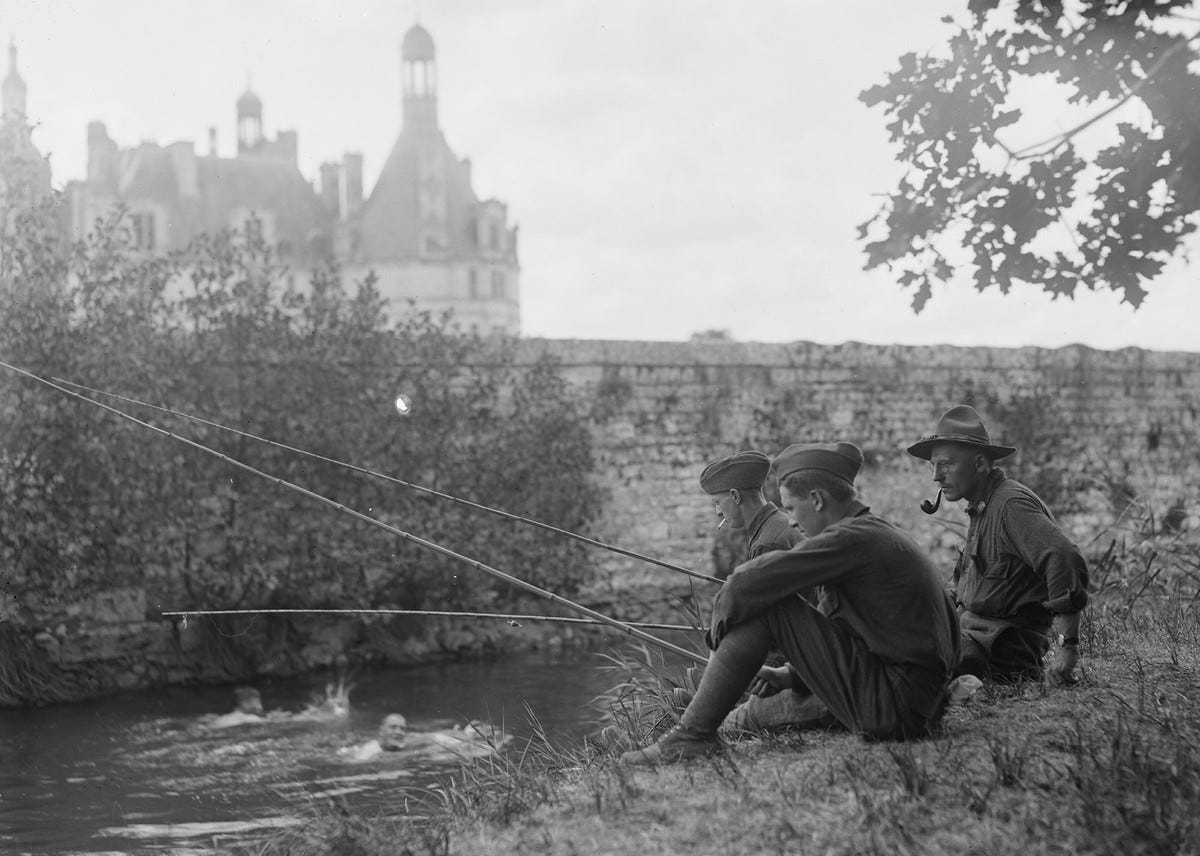
Sept. 7th
Slept last night under the wide and starry sky with my friend Arthur Foster. We talked of everything imaginable watching the meteors shoot thru the heavens. Slept unsoundly as usual.
Sept. 8th
Quite a bustle now. Getting acquainted with locations of units. All positions marked out and flagged on map. Have no idea how long we shall stay here. Mr. Odobez procured a nice room for me at a peasant’s home for 1-1/2 frs. per day. Tonight I am to sleep in a real bed and in the best room in the house, although my nearest neighbors are two cows that persist in raising a racket, sighing, etc., as cows will.
Sept. 9th
Slept like a log and a little sounder last night. After snatching off a few verses sleep was refreshing. Plenty of office work today. The inarticulate touch of autumn is in the air; and today–-I believe I’m right-–I saw a faint tinge of gold in the tops of some horse chestnut trees on the side of a hill.
Sept. 10th
Work, work, and more work. But there is one consolation. I can sleep at night. Sat and heard my landlady talk for an hour last night. I am beginning to pick up a great deal of French, but one can almost catch the drift of the conversation of the French by the voluble gestures. No people become so much alive in their conversations as the French. Swallows circle high in the heavens. Sinister meaning.
Sept. 12th
Just received telegram in office of the attack begun this a.m. at 5 o’clock by the Americans at St. Mihiel [Saint-Mihiel was the first US-led offensive in WWI]. Everyone here of the staff and around here are happy over the reports. Evidently Gen. Pershing is giving the Boche a sample of Americanism. We came 4000 miles to fight the Boche and certainly we mean business when we go into battle. Oh, if I were only one of them.
Sept. 13th
Reports from St. Mihiel section glorious. What indignation there must be in the German High Command. Why can’t they realize the foolhardiness of holding out? But that is too long a story for these pages.
Sept. 14th
Summary of Americans action near Verdun received today. The 15,000 prisoners and 200 guns must not sit well with the Kaiser’s dreams tonight. Very busy all day.
Sept. 15th
Received orders today to move farther south. Don’t know destination as yet. Very busy straightening out matters preparatory to moving. Talked long while with landlady last night. Listened to her simple gossip with a great deal of interest She talked and laughed as a child might, but underneath it all was a tragic life. Friends killed, brother wounded, and husband at the front. But such is common, only she happens to be more fortunate than most of her neighbors.
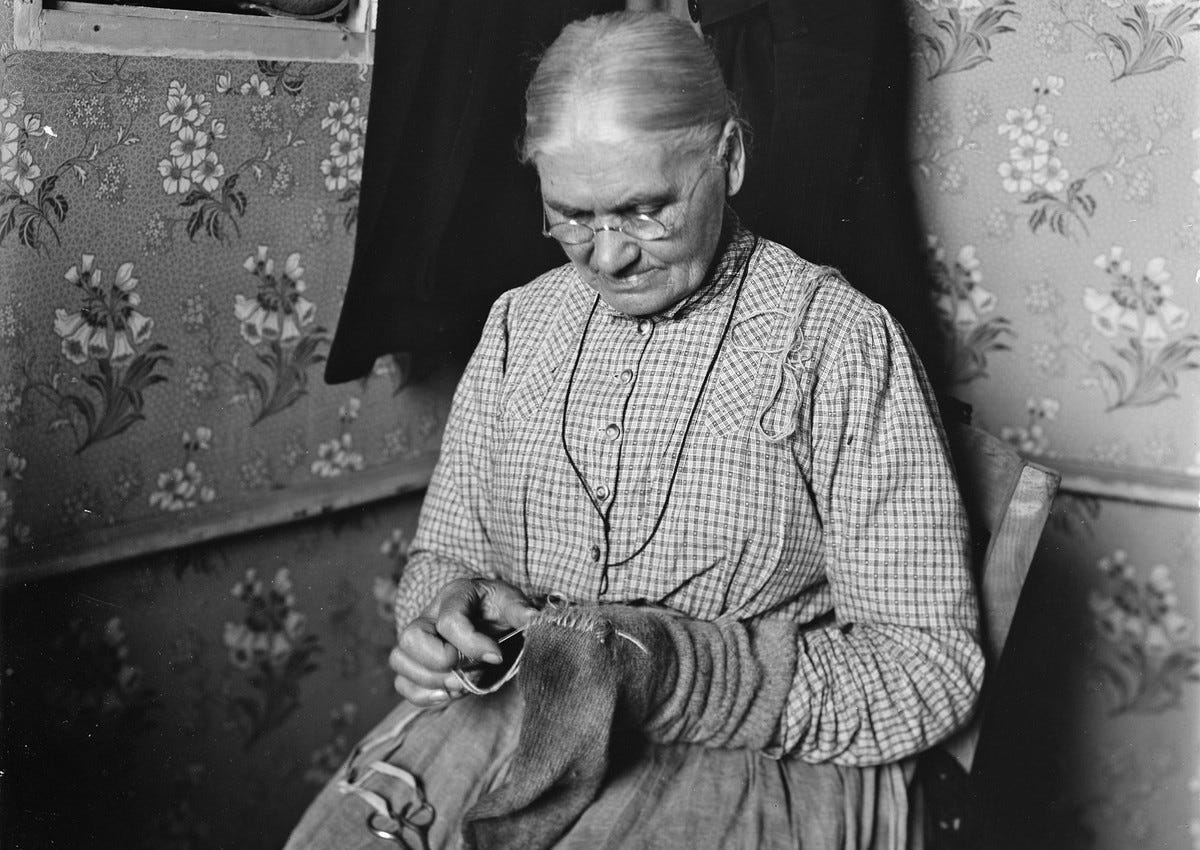
Sept. 16th
Received more news of our moving. We go to Talmas, France, almost 30 miles south of St. Pol. Glad to go but sorry to leave my good bed. Goodness knows when I shall see another like it. I’ve slept in stables and on the ground so much that a bed is a touch of heaven.
Sept 17th
We moved by lorry today. The regiments move tomorrow by train. Roëllecourt left about 10:40 am and arrived at Hérissart at 5:00 p.m. Passed thru St. Pol, Herlin, Nuncq, Frévent, Douiles – a pretty town on the Authier River—Beauval, Talmas. These little towns of France are picturesque as most could wish. Very often one rides over a rim and there beside him is nestled the dearest old-fashioned town in the world. As a rule these towns are in the valleys. How funny are their streets. Always there is the church tower with its sprightly weathercock. We found Hérissart almost deserted. The inhabitants are moving back in. A few minutes ago I saw a band of children playing and skipping up and down the streets, so glad to be back home again. This little town covers no more that 15 or 20 acres. A little pile of mud, straw, sticks and bricks among the trees.
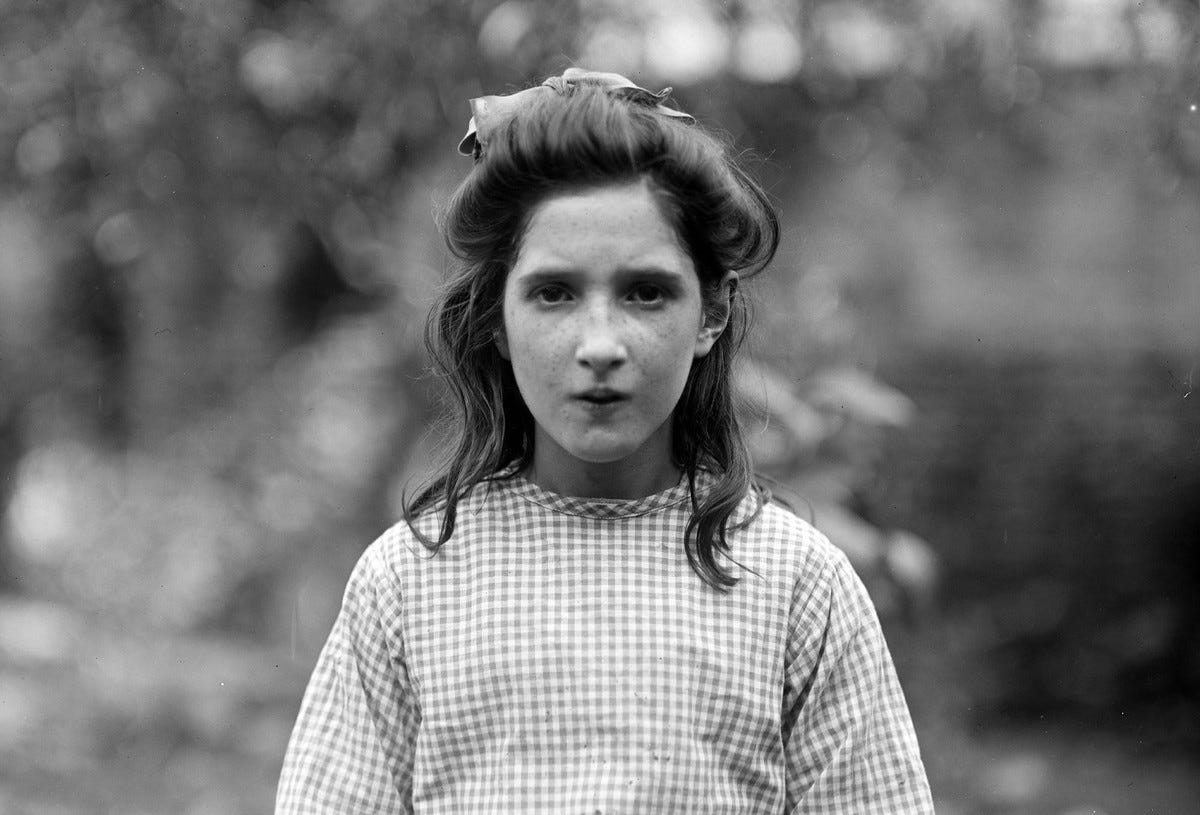
Sept 18th
Troops continually coming in. The little town heretofore dead begins to present a rather lively appearance. The French inhabitants give us a warm welcome, owing to the fact that we are the first American troops here. Several pretty girls here. Already they have a flock of admirers, dumb admirers they are, except for “Parlez vous Anglaise,” “Tres Bon,” “Oui, Mamsell,” and the like. Almost all American soldiers know a few expressions in French. As for the French children, they take as naturally to the English as a duck to water. Nine out of every ten of the street gammins can be found puffing their cigarettes at all hours. I think that is a habit that has grown since the foreign soldiers came to France. Hired a room from an old dame in the outskirts of town. There is a moat of mud around it almost impassable. Slept the sleep of the sluggish and careless.
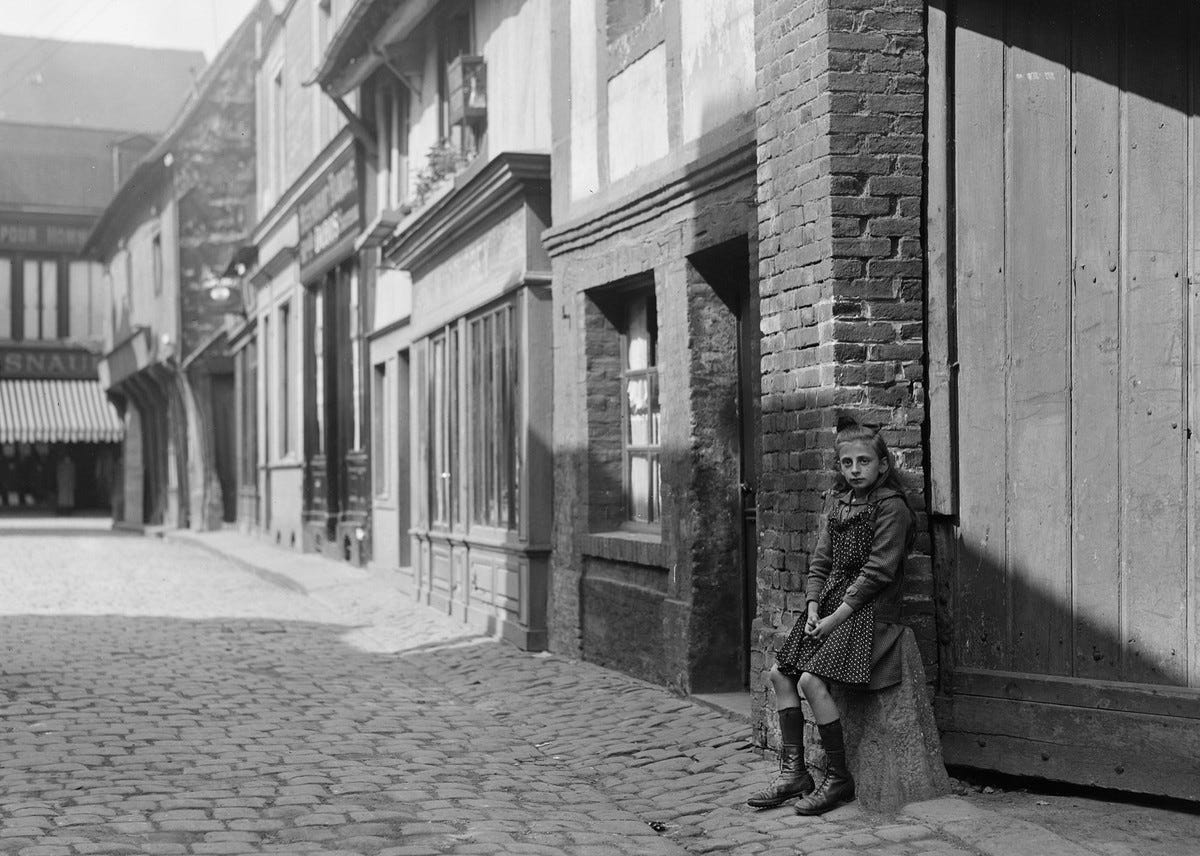
Sept. 19th
Nothing of new interest happened today. Unusually busy day in office. Almost swamped with floods of notes, orders, etc. All companies getting in good shape. The battalions and train are situated at Talmas. Reports from the front are very encouraging. Doubtless we shall soon be in Germany and then what?! Town for town, tree for tree – an eye for an eye; a tooth for a tooth. Nothing but the Mosaic law will convince the Germans.
Sept. 21st
Preparing to move southward tomorrow a.m. -–St. Dennis, I think. Very busy day. Discovered today that French peasants have been buying candy, cakes, and other things from the Y.M.C.A. to open shops of their own. Poor people, who could blame them!
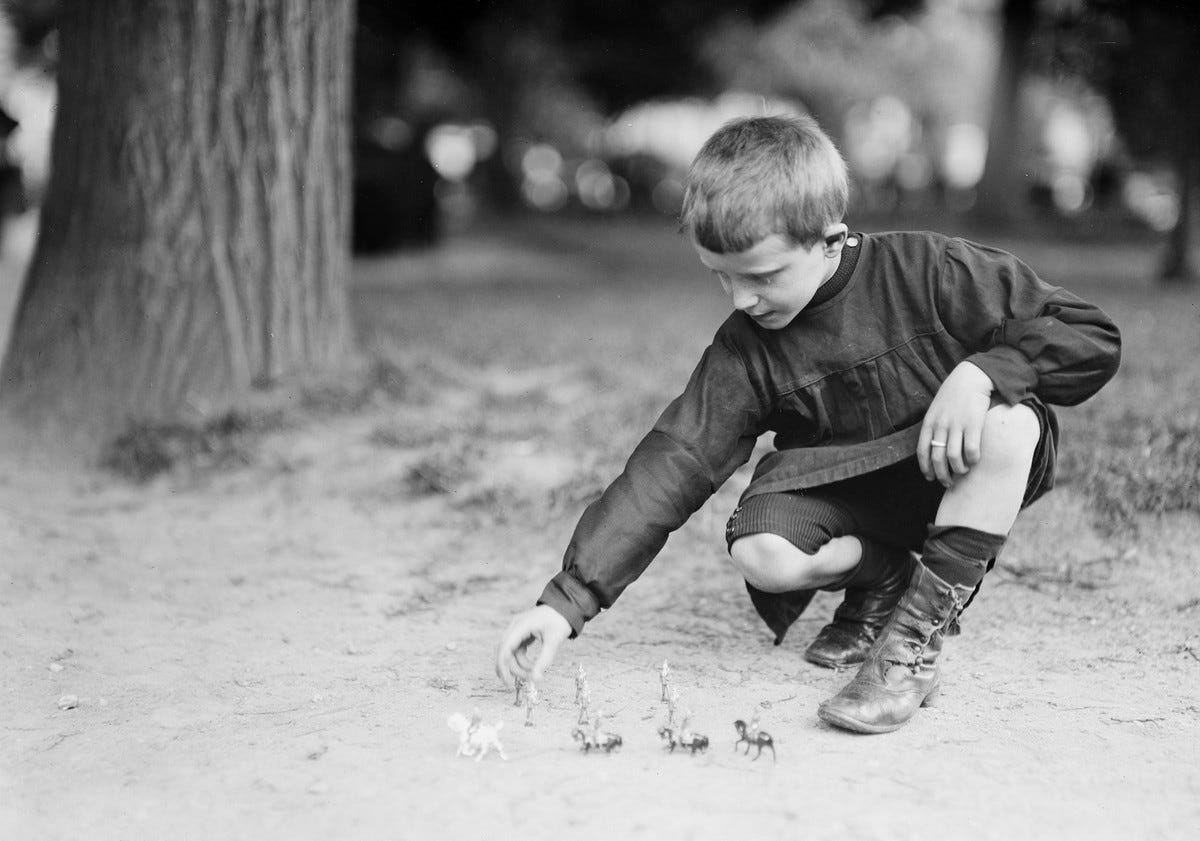
Sept 22nd
Today we moved from Hérissart to Tincourt [Tincourt-Boucly] and Bernes. And what a day we have had. Such experiences. Never shall I forget Albert, a city frozen in terror. God, what a sight! A great brute of destruction has passed over it. Death here, death there. A blade of grass ashamed to show its head. In the edge of the town is a cemetery, the last stronghold of the Germans. Tombs burst open, once umbrageous trees shot from their stumps. A thousand years of thunderbolts concentrated upon this spot could not have wrought the destruction visible here. Man! Man! Man! What a mistake is thy creation! Nature with its peace were Gods’ before thy brutal foot trod here! And the roads once beautiful with trees were as bare as the barest road on the desert of sand. The Germans have sawed them off and blown them up for miles and miles.
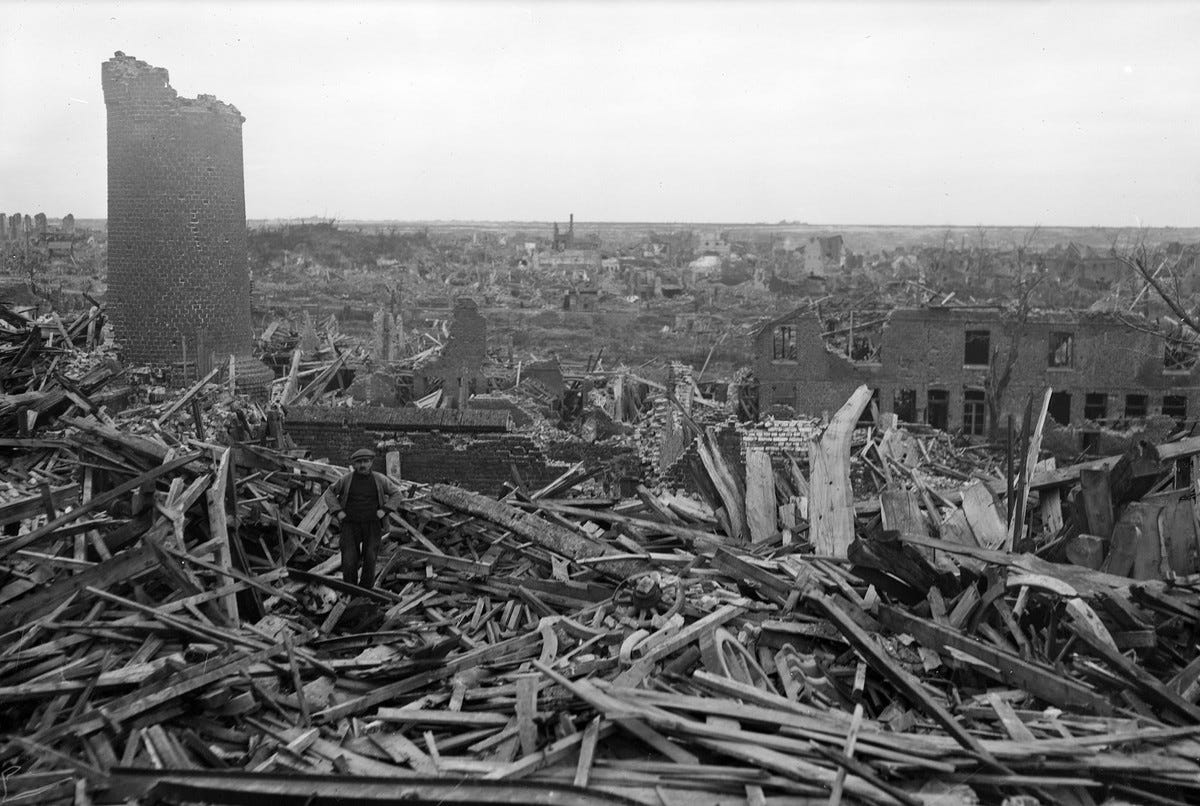
From Albert we rode for miles through a devastated country. Not a farm house standing. Nothing but moving troops along the roads and graves – German and Allied – beside the roads. I never dreamed of such a vast burial ground. Here and there, everywhere, are the pitiful crosses praying to the skies. Each one says, oh, so plainly, for him beneath “I am dead, Mother.” Many, many graves had the helmet and rifle of him it covered lying above, Priez pour nous! This was true of both sides. Péronne is destroyed almost as badly as Albert. We arrived at Tincourt about 5 p.m. Carried regimental supplies to Bernes and returned to Tincourt thru rain and mud with powerful lorry growling at every turn of the wheels. Met great queue of tanks slipping toward the front. I cannot tell you how the slow, resistless creatures impressed me. Ah, such a life drowns me within, a soul of inarticulateness. I feel but I cannot express it. Got back to Tincourt after a long time, and after securing supper for my seven men, turned into a muddy stable for a night’s rest, rather restlessness.

Sept. 23rd
Awoke this a.m. stiff and half frozen, with Jerry scattering shrapnel over the town. Several pieces came through our roof. Know of no one’s being hurt. Begged breakfast from Tommies and with lorry set out to find Division Headquarters for we had Div. Engrs. personnel and office equipment on board. About noon found headquarters in Bois de <Buine ?> Woods on a pretty high hill. Got lorry partly up hill and unloaded. Drew rations from 113th M.G.Bn. for men. Got another lorry – better one—to take supplies up to woods. Woods a mile or more in length; lately taken from the Germans. Observation and M.G. posts in all high trees. Undergrowth and larger trees riddled with bullets. Tank tracks thru woods. Made our quarters recently build by Germans. Elaborately camouflaged German signs still on doors – German graves in woods with respective rifles and helmets on them. Scent: Cooked rations on camp fire.
Sept. 24th
Spent morning establishing liaison with Engs. etc. Saw my brother in the afternoon. 119th Inf. encamped in woods. Arranged for good time at night, but found out hour later that regiment was going to front. Told him goodbye with many a misgiving. We make the big drive here. I may never see him again. But he told me to cheerio, he was no better to be knocked off than anyone else. Righto! he is, but – the father back home.
Sept. 25th
Busiest day ever. Preparing for big attack in a few days. Carpenters making crosses—supply, you see–painting signs, etc. Ordered rolls of burlap to bury men in--ready, you see. Hundreds of tanks assembled in area supplies going up, etc. One can hardly travel roads at night because of immense quantity of traffic. Wonder how my brother will go over the top. Bravely, of course.
Sept. 26th
Getting ready for attack with more speed and energy. Great guns being pulled up every day. Shells rushed up. Last night saw big air battle. Clouds hung low and the lights showed each plane like a silver-winged insect, hung in the net of light. Jerry was driven off. One plane brought down after he had spilled four bombs in a field near here.
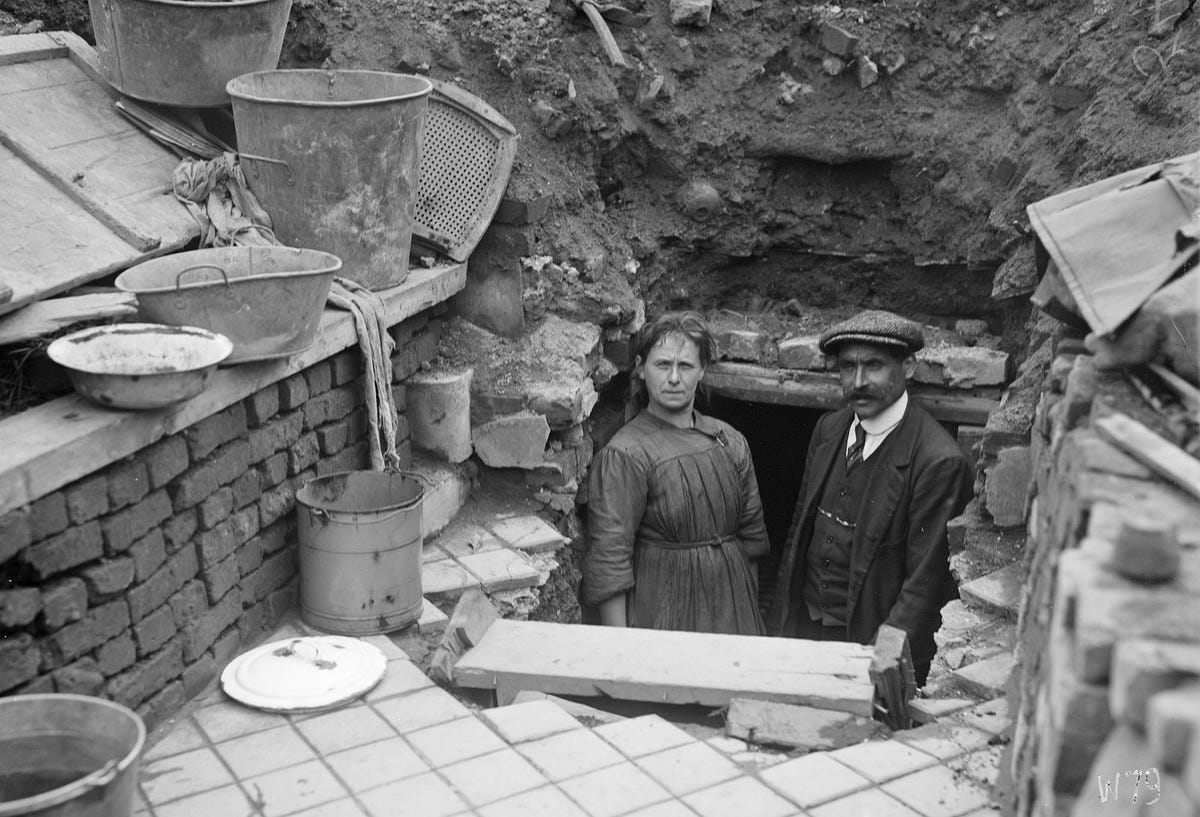
Sept. 27th
Four casualties reported from last night’s activities; three from gas, one from hand grenade. Everything quiet back here. At Div. Engrs. office. Wish I might be up with the boys, and seeing it through. Plenty of book work for me here though. Perhaps I’m worth more doing the job I am than I would be firing a rifle. Anyway, I will do anything that is asked of me for this, the supreme cause. These days of horror and unthinkable happenings strike one mute. History is made faster than the minds of men can digest it. What will be written when the mind of a man who has not been inarticulated, as it were, sits down beside the mass of facts and calmly surveys the piles, and then writes?
Sept. 28th
Big push, as we call it, is beginning. Our plans are to bombard the enemy’s positions for several hours; then over the top, break the Hindenburg line, followed by the Australian infantry, and then cavalry, which exploits the country. Would it not be wiser to let the veteran Australians hit the Hindenburg line, then put the raw Americans to exploiting and following up successes? The future events will show. Lt. Griffin reported gassed and Sgt. 1/cl. Long missing. But we are not into it yet. Another objective of ours is the village of Bellicourt. This is a dangerous place because of subterranean passages and tunnels under the town. A real inferno it may prove to be.
Sept. 29th
The attack is in full progress. This a.m. at 9 we had already crossed the canal and were well on towards outflanking Bellicourt. Hear the canal and tunnel under Bellicourt proved great impediments to our troops. But that could not check the arduous Americans for a very long while. Although machine gunners were in the tunnels, we soon cleaned them out.
Sept. 30th
Last day of September. Battle going finely. We—our division—have already gained our objectives. Bellicourt is captured and Hindenburg line has been smashed. Think of it! Boys who were plowing the field of Carolina a year ago breaking this terrible line.





Thank you for posting these diary excerpts, and the photographs are a beautiful and poignant supplement to the writing.